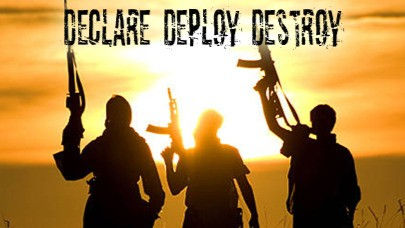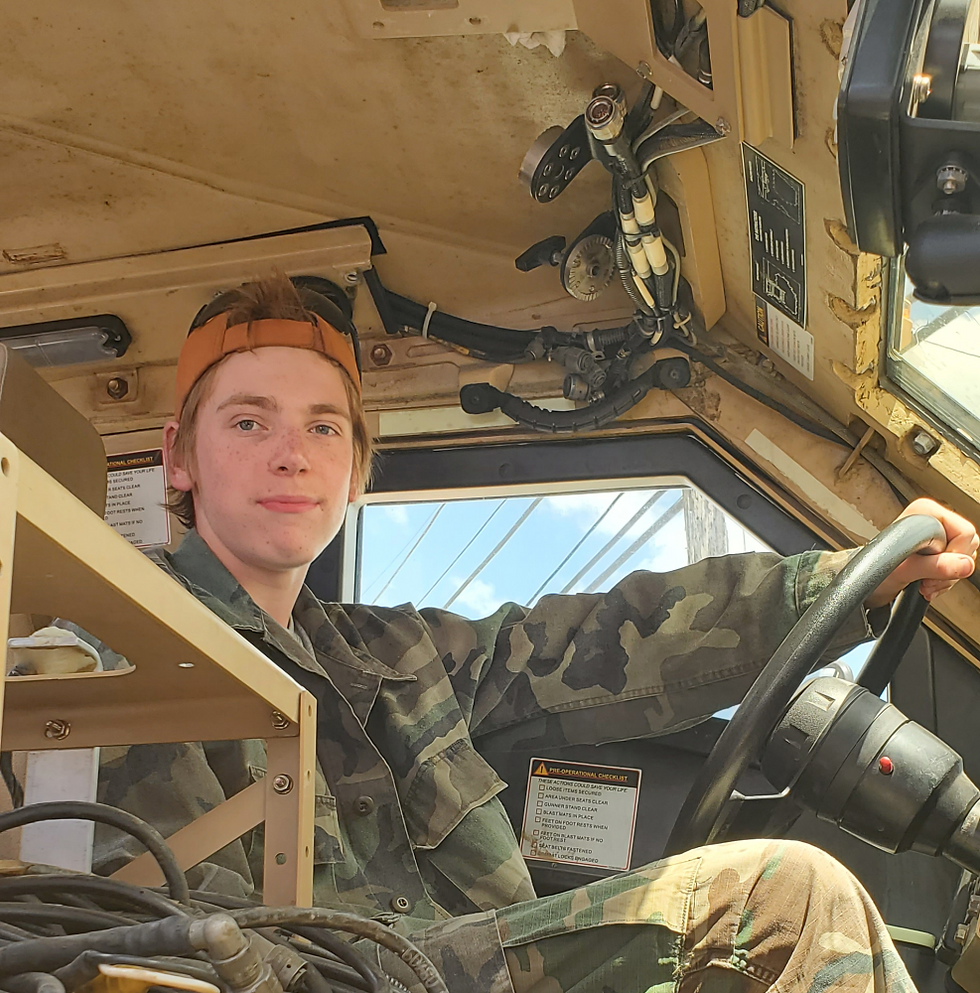Dark skies and warnings
- EG Weiss

- May 29, 2023
- 4 min read

The skies are getting dark again so it may be that I have to pull the kids out of the pool a little early today.
Dark skies and warnings…and on a day of remembrance.
Our government surely knows what is best for us, right? I mean, after all, these are the men and women that we HIRED to represent us, right? Here is how I thought this would work:

We kinda had a “Help Wanted” sign out. We called it an election. People came from everywhere and said they were qualified for the job.
During the extensive job interviews we asked specific questions and got very specific answers. At the end of the interview process, we chose who we believed was the best candidate. Now, after a while, we realized that these people lied on their resumes or simply lied when they said they would work for us. You and me!

These new hires went and started their own businesses using our capital and some even entered into competition with us!
This is just bad business. But it is not new.
Even without social media, the late 19th and early 20th centuries were a time when news was easy to obtain. One could get news about war, murder, scandal, and politics by simply flipping a coin to a boy on the street who would hand you a paper.
When it came to tornadoes it was different.
From 1887 up until 1950, weathermen across the United States were strictly forbidden to use the word “tornado” in the weather report. Back then, when science struggled to find a proper scientific explanation behind the notorious storm, they were considered as a dark mysterious force.
So, weather people could talk about the WEATHER, they just could not talk about tornadoes using the word “tornado”. They were instructed by the government to “sugar-coat” any reports of tornadoes and encouraged to use phrases such as “severe local storm” instead.
So, this all started because one guy pissed everyone else off. No, it was not Trump, but you might see some similarities here.

John Park Finley, an officer of The U.S. Army Signal Service, was asked to do research on tornadoes and how they formed. This was right up Finley’s alley as he was obsessed with tornadoes and had been wanting to create a warning system for tornadic weather. He had a vision to create a system that could broadcast to homes and communities thus creating a safer life for people in tornado-prone areas.
As he progressed in his weather reports and research, Finley started to add tornado reports in his forecasts. This was followed by the U.S. Army Signal Service banning the word “tornado” because Finley’s reports were causing panic.
Imagine that.
Finley would say there was a chance of a tornado in Springfield and the people of Springfield would all go indoors and hunker down and wait until the weather cleared. They would take measures to protect their families, sometimes even cancel plans and close down their businesses temporarily while the threat loomed.
That is what it did. The word “tornado” was “looming”. The U.S. Army did not want people suddenly thrusting themselves into this hyper-vigilance over a word, and so the word was forbidden.

If you are reading between all my lines here, I hope you are enjoying the political implications of this action and how often history repeats itself. It would seem that to be a historian, one only needs to study America for one month and then know their multiplication tables.
For half a century, there were no tornadoes in America. Well, none we talked about.
In 1938, the Weather Bureau made an exception to the rule and rescinded its ban on the usage of the word “tornado” in weather products disseminated to emergency management personnel. The Bureau would develop a network of volunteer storm spotters in the early 1940s during World War II, to provide warning of tornadoes to workers in munitions plants and strategic factories.
The first official tornado forecast – and tornado warning – was made by United States Air Force Capt. (later Col.) Robert C. Miller and Major Ernest Fawbush, on March 25, 1948. The first such forecast came after the events that transpired five days earlier on March 20, 1948; Miller – a California native who became stationed at Tinker Air Force Base three weeks earlier – was assigned to work the late shift as a forecaster for the base’s Air Weather Service office that evening, analyzing U.S. Weather Bureau surface maps and upper-air charts that failed to note atmospheric instability and moisture content present over Oklahoma that would be suitable for producing thunderstorm activity, erroneously forecasting dry conditions for that night.
Thunderstorms soon developed southwest of Oklahoma City, and at 9:30 p.m., forecasters from Will Rogers Airport sent a warning to Tinker that the storm encroaching the city was producing wind gusts of 92 miles per hour (148 km/h) and a “Tornado South on Ground Moving NE!”
Base personnel received an alert written by the Staff Sergeant on duty with Miller, minutes before the twister struck Tinker several minutes later around 10:00 p.m., damaging several military aircraft (with total damage estimated at $10 million) that could not be secured in time before it crossed the base grounds.
It is comical that the word was allowed at this point, but only if it protected actual government investments or interests but the ban on the word when it related to the general public was not rescinded until July 12, 1950.

From 1887 to 1950 the government chose to sugar-coat warnings. Imagine that. They deleted a word from our vocabulary because they did not like it. Imagine that.
I wonder what the good people of Manhattan, Kansas would say about their "local storm" in 1949 or the 695 folks that were killed in the Tri-State tornado outbreak of 1925. I am sure that to someone it all made sense, after all, the United States only averaged 1295 tornadoes per year during that time frame tornadoes did not exist.



Comments